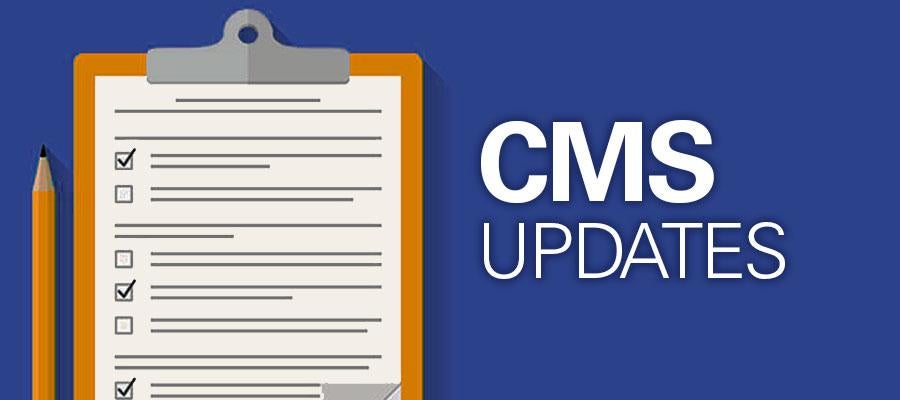GAO: Larger providers more likely to participate in episode-based payment models

Hospitals and clinician practices participating in Medicare’s episode-based payment models are larger and more urban on average than other Medicare providers, according to a new report by the Government Accountability Office. They also have a higher volume of relevant episodes and are more likely to be affiliated with teaching hospitals, GAO found. The report examines the characteristics of providers participating in six episode-based payment models and the relative advantages of voluntary versus mandatory models. The Comprehensive Care for Joint Replacement model was mandatory for the first two years, while participation in the four Bundled Payments for Care Improvement models and the Oncology Care Model has been voluntary. Stakeholders said the likelihood for financial gain can influence providers’ decisions to participate in voluntary models, while mandatory models were more likely to give the Centers for Medicare & Medicaid Services generalizable evaluation results. The report was requested by Senate Finance Committee Ranking Member Ron Wyden, D-Ore.

